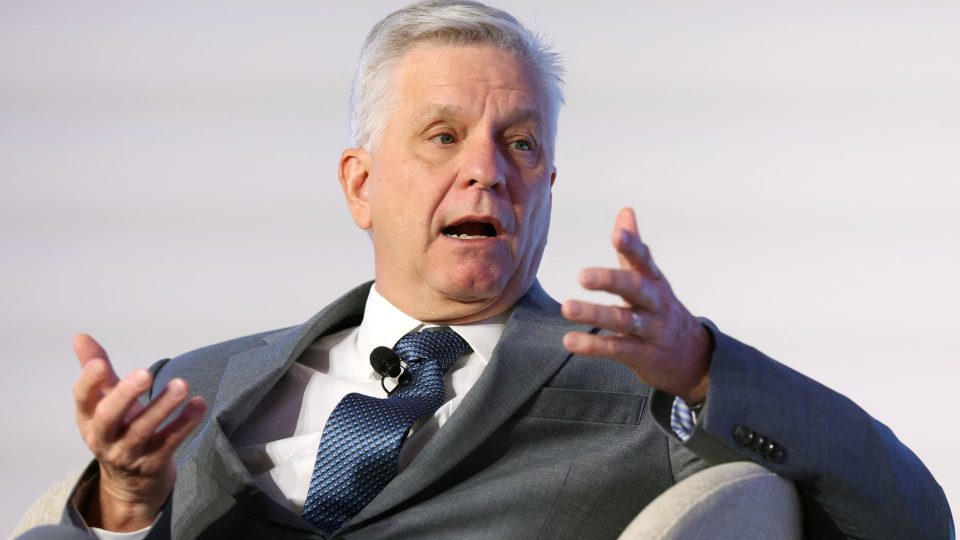Federal Reserve Governor Christopher Waller expressed on Friday that tariffs are unlikely to cause a significant rise in inflation. Given this outlook, he suggested that policymakers should consider lowering interest rates as soon as next month to address emerging risks in the labor market.
Waller emphasized the importance of acting promptly if concerns about a weakening labor market arise. He stated, “If you’re starting to worry about the downside risk [to the] labor market, move now, don’t wait.” This signals his preference for a proactive approach to monetary policy rather than waiting for more data or further deterioration before adjusting rates.
Despite Waller’s stance, the majority of Federal Reserve policymakers are adopting a more cautious, wait-and-see approach. Market expectations currently indicate that the next rate cut may not occur until September. This divergence highlights ongoing debate within the Fed about the timing and pace of interest rate adjustments in response to economic conditions.
Waller’s comments come at a time when inflation pressures have been a central focus for the Fed, with tariffs often cited as a potential driver of price increases. His view that tariffs will not significantly boost inflation suggests that other factors may be more critical in shaping the Fed’s policy decisions going forward.
The Fed’s dual mandate to promote maximum employment and stable prices means that shifts in labor market dynamics are closely monitored. Waller’s call to act early if downside risks materialize reflects a concern that delays in easing policy could exacerbate economic challenges.
This perspective may influence investors and markets as they weigh the timing of future rate changes. The Fed’s decisions have wide-reaching impacts on borrowing costs, consumer spending, and business investment, making clarity on policy direction essential for economic planning. The cautious stance of most policymakers, contrasts with Waller’s more immediate call for action, underscoring the complexity of navigating economic uncertainties.

